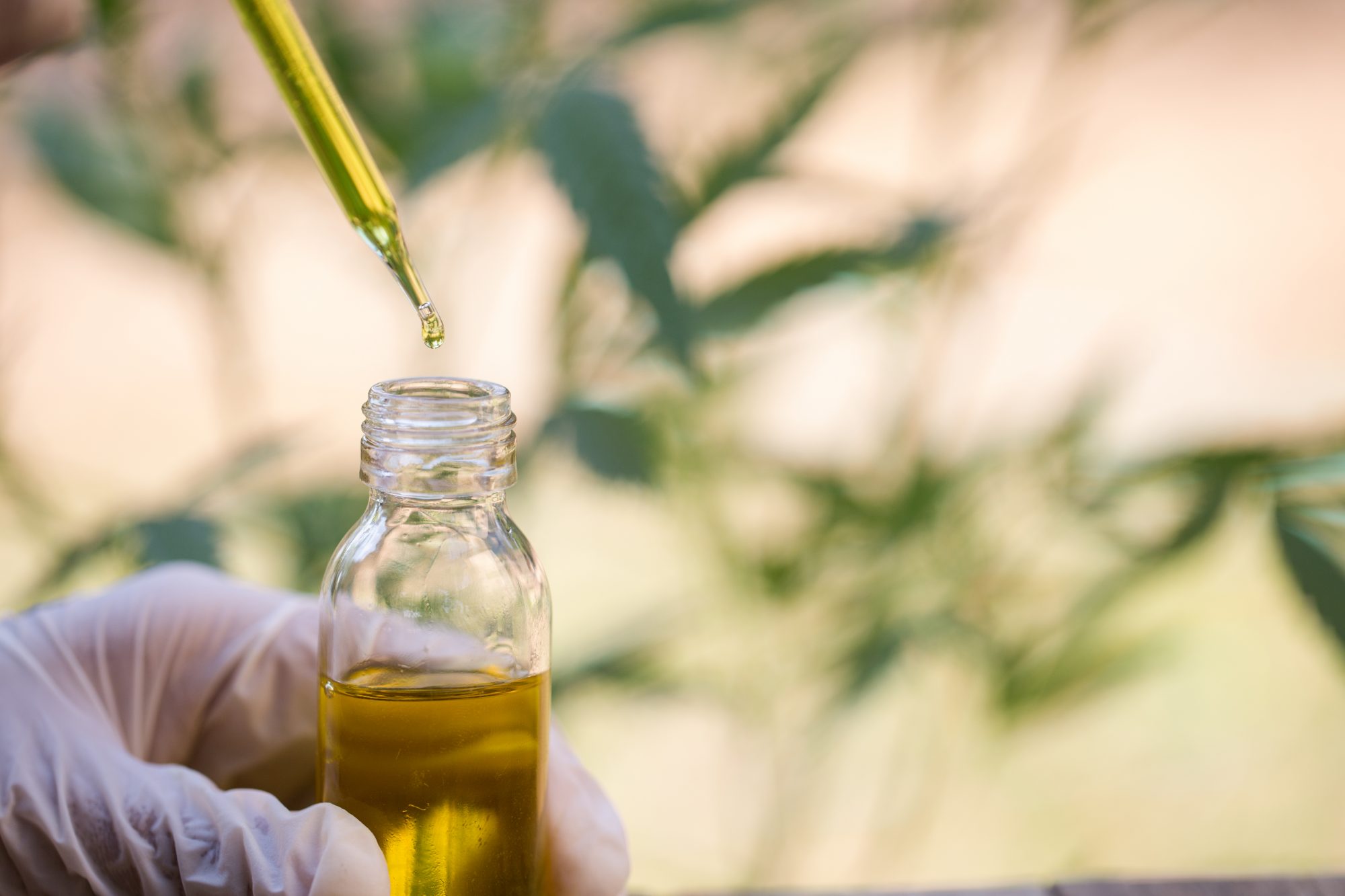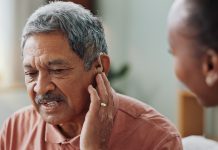Cannabidiol, more commonly known as CBD, may halve the severity of symptoms and impairment caused by chronic anxiety
Is CBD effective for chronic anxiety? According to a study by the Cannabidiol Youth Anxiety Pilot Study, young people with severe, treatment-resistant anxiety benefitted from taking CBD.
In fact, following a 12 week cannabidiol treatment, the participants experienced a 42.6% reduction in anxiety severity and impairment.
Orygen’s Professor Paul Amminger, led the study, and considers the results to be remarkable.
The young people had fewer panic attacks and could do things which they were previously unable to do
Amminger commented: “The young people had fewer panic attacks and could do things which they were previously unable to do like leave the house, go to school, participate in social situations, eat at restaurants, take public transport or attend appointments by themselves.
“That’s an amazing change in the group which has had treatment-resistant, long-standing severe to very severe anxiety.”

CBD halved feelings of anxiety in young people
Two different scales rated the reduction in feelings of anxiety.
A clinician rated scale, the Hamilton Anxiety Rating, suggested a reduction in anxiety of 50.7% and a self-rated scale, the Overall Anxiety Severity and Impairment Scale, pointed to a reduction of 42.6%.
The latter required participants to fill in a questionnaire on symptoms such as panic attacks, situational anxieties, worries and flashbacks.
Anxiety is the fastest growing mental illness in young people
Professor Patrick McGorry, the study Co-Investigator and Orygen Executive Director, believes that the findings are extremely promising for young people.
The Australian Bureau of Statistics released data on 22 July 2022 stating that anxiety is the most common form of mental illness in young people.
Shockingly, nearly one third (31.5%) of individuals aged between 16-24 suffer from anxiety. This is almost double the rate of the general population.
“We’re seeing more and more young people experiencing anxiety – it’s the fasting growing form of mental ill-health in young people and we urgently need innovation in treatment.
Cannabidiol is a promising treatment option which appears safe and effective
“Cannabidiol is a promising treatment option which appears safe and effective. We need further research to confirm this and explore its value,” Professor McGorry added.
Treatment-resistant patients with severe anxiety
31 participants aged 12–25 who were recruited from Orygen’s primary care services for the pilot study.
All of the patients suffered with anxiety disorder and were not taking to traditional treatments, such as cognitive behavioural therapy (CBT) sessions.
Professor Amminger explains: “The problem with current frontline treatments for anxiety – CBT and selective serotonin reuptake inhibitor (SSRI) antidepressant drugs – is that they only work in about half of the people who try them.
Anxiety disorders are very common so that leaves a large number of young people untreated
“Anxiety disorders are very common so that leaves a large number of young people untreated, struggling with symptoms and developing secondary conditions, for instance depression and substance use disorders.
“It’s important to stress that cannabidiol does not induce any significant side effects or lead to the emergence of any neurological or psychiatric manifestations.
“Cannabidiol is non-intoxicating and doesn’t contain tetrahydrocannabinol (THC) so it doesn’t cause alterations in thinking and perception, it doesn’t make you ‘high’ and it’s not addictive.
“In fact, cannabidiol has been used to treat addictive behaviours in other research trials and can reduced some of the adverse and intoxicating effects of THC.”
One dose of 200mg cannabidiol was increased to 400mg
Participants received a starting dose of one 200mg capsule of cannabidiol per day which was increased to 400mg after one week.
Some individuals did not experience much improvement in symptoms so had their dosage increased at 200mg increments up to 800mg per day. All participants were offered biweekly CBT for 12 weeks.
“Our pilot study found that cannabidiol not only helped to reduce anxiety symptoms but it was also very well tolerated – the most common side-effects were mild sedation and mild fatigue but that was at the time when doses were increased and usually went away after a couple of days,” says Professor Amminger.
“We did not see side-effects like suicidal thoughts, irritability or sleep problems, which are not uncommon in people taking SSRIs.”
Further research into CBD and anxiety is required
Undoubtedly, the study is promising and demonstrates how CBD has be used for anxiety. However, more research is required, explains Amminger.
“An open-label pilot study is limited by its design. To see a treatment effect in the treatment-resistant group is encouraging, but it could still be a placebo effect. The next step is a randomised controlled trial, which is the gold standard to test a new intervention.
“Such a trial needs to be done in a much larger group – around 200 to 250 young people – to enable us to say with some certainty that there is, or is not, real treatment benefits and effects,” Professor Amminger concludes.











